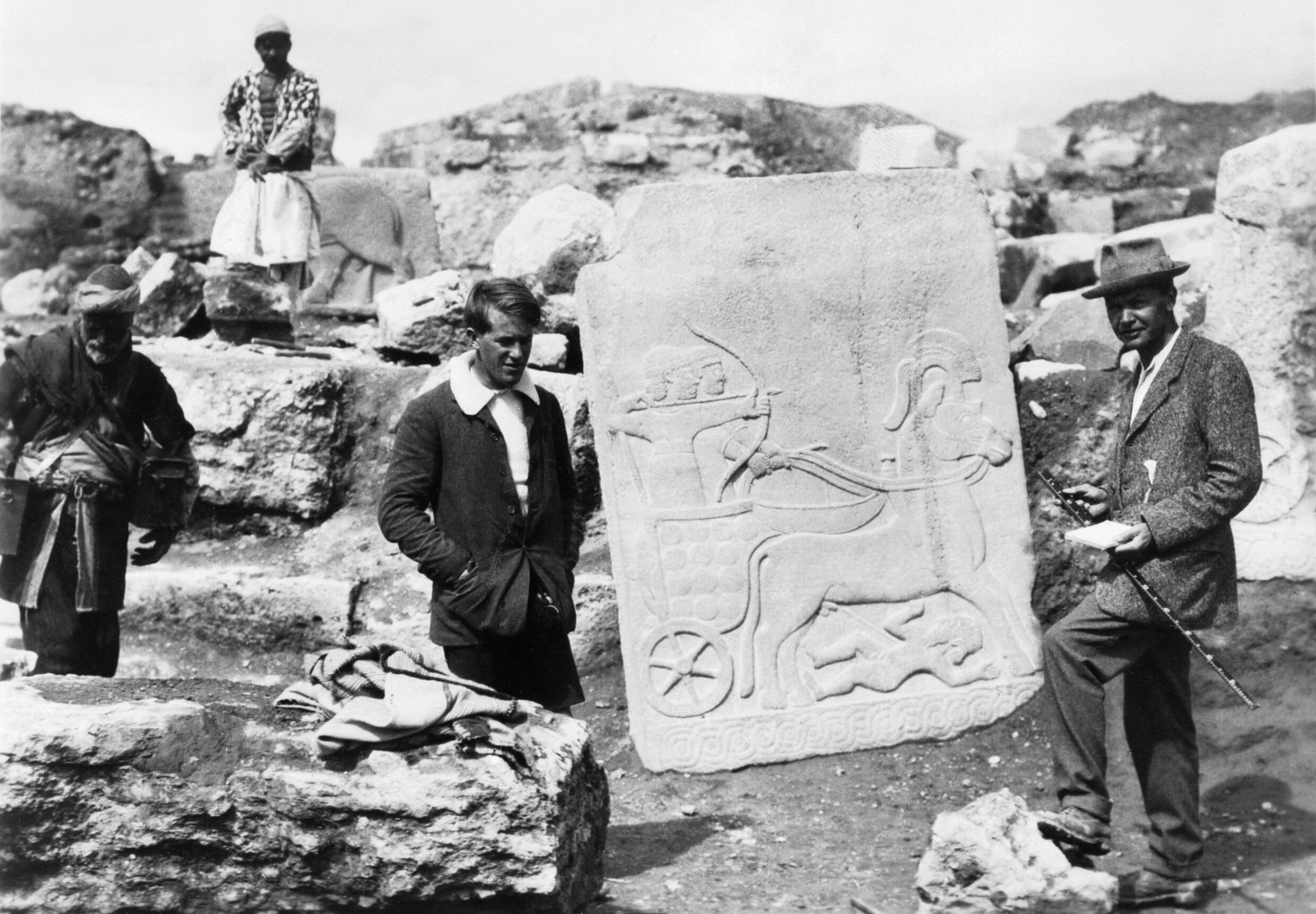SEPTEMBER 22, 2021 – In 1926, T. E. Lawrence (the “Lawrence of Arabia”) published his autobiography called, Seven Pillars of Wisdom. I’ve never read it, but I was impressed when at a block party a few years back, a neighbor revealed his ownership of multiple editions. While other attendees of the party were grillin’ and chillin’ in the street, the neighbor led me into the library of his nearby house and showed me several dozen volumes from his curious collection. (By day he was a physicist at 3M’s main R&D facility.)
Lately, Seven Pillars of Wisdom comes to mind when I reflect on the shambles of my former worldview. The connection is tenuous: my worldview was never a reservoir of wisdom, and it rested on four, not seven, pillars. But they were pillars; columns of stone . . . that crumbled into desert sand.
The first was religious faith, once rock solid. Then science (meet Carl Sagan) converged with radical theologians (meet Bishop Spong) and encounters with religious skeptics (meet former-seminarians-turned-lawyers in my office). Beliefs etched in stone lay dashed upon the laws of physics, the wonders of evolution, and what religion strives to conquer: skepticism.
Next to fall was my view of politics. Long a believer in American politics—despite its sordid history, shortcomings, and inadequacies—I was a champion of the American form of self-governance. Gotta problem with so-and-so elected official or such-and-such party? Don’t get mad. Get even—better than even—at the ballot box. With the rise of You-Know-Who, however, the second pillar of my worldview came crashing down . . .
. . . smashing into the third pillar, which, in turn, collapsed into its own pile of sand. I refer to our Constitution. As an undergraduate (American) history major and subsequently, as a “self-directed” student of history; as a law school graduate, then practicing lawyer for nearly 40 years, I’d been a champion of the “brilliant” architecture of our constitutional system. Flawed in practice, but in theory and construct, the Constitution was nothing short of genius.
Then rose the specter of racial injustice, inescapably vivid on our smartphone screens. A deep dive into its history brought me face-to-face with the dysfunctionality of our political system and revealed structural problems with our governmental framework. Reforms around the margins will no longer suffice. The Constitution needs an over-haul.
The fourth pillar—belief in our economic system—then shook and fell. I’d long embraced “inherent wisdom” of the market. I was convinced that broad prosperity sprang from initiative and innovation, which, in turn, were fueled by freedom of choice and action. Closer scrutiny, however, revealed the system’s shortcomings: disparities of wealth and income; failure to price for long-term and indirect costs; adverse consequences for the whole of society—including individuals within it—when too many people are left to their own devices (see climate change; public (ill-)health).
“Without legs, where does this leave your table?” asked a friend recently, after hearing my altered worldview.
“Adrift upon a sea of sand,” I answered.
(Remember to subscribe to this blog and receive notifications of new posts by email.)
© 2021 by Eric Nilsson
